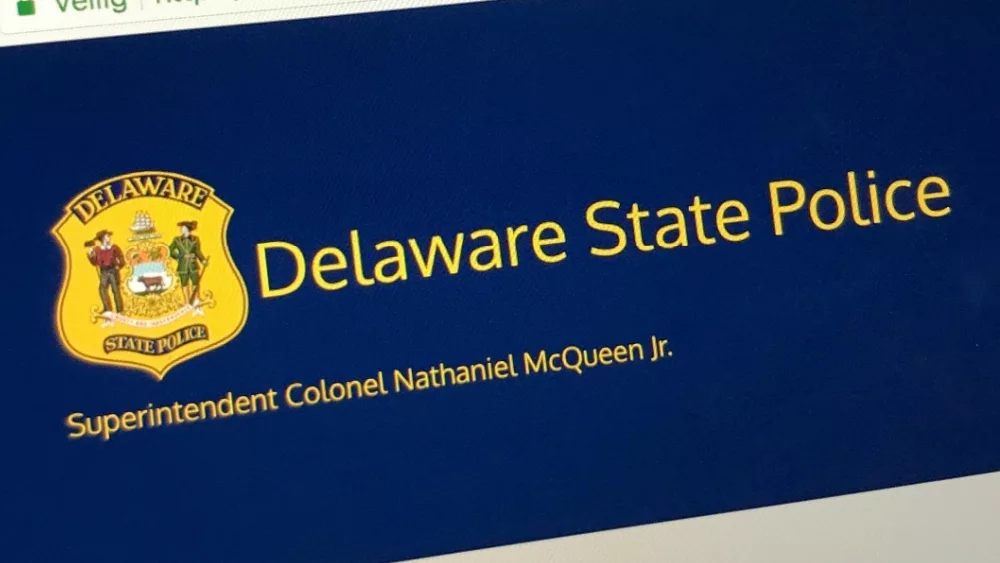A conservation group is urging Kansans to speak up to save Wetland preserves.
The group Audubon of Kansas says a proposed rule would redefine “Waters of the United States” in a way that would take away regulatory protections for most wetlands in the Great Plains, along with thousands of miles of streams. The EPA and Corps of Engineers held a hearing on the rule, but the public comment period continues through April 15.
Audubon stated the changes would mean those streams and wetlands would no longer be covered by the Clean Water Act of 1972.
If you want to help protect Kansas wetlands and streams from pollution or destruction, you can click here to make sure your voice is heard.
https://www.regulations.gov/comment?D=EPA-HQ-OW-2018-0149-0003
From the Audubon of Kansas:
Make Your Voice Heard: Why and How to Get Involved Now
(1) It is vitally important for as many people and organizations as possible to file comments to express their individual and/or collective views on the proposed changes in the definition of “WOTUS.” Specifically, individuals and other entities need to indicate if they think that isolated wetlands and streams that are not constantly flowing are worthy of protection—as previously recognized by the Clean Water Act of 1972 and later revisions (including the revisions of 2015). The Clean Water Act was designed to protect WOTUS from pollution, the impacts of dredging, drainage and filling in the case of wetlands, or channelization and other forms of destruction in sections of streams and tributaries of rivers that will no longer be listed.
(2) We need to indicate that these ecological and associated resources are important and outline why they should continue to be protected by the Clean Water Act. Without protection from pollution in tributary streams, it will be more difficult and expensive to treat downstream water for domestic purposes. We believe that “Clean Water for All” is an objective that should remain at the forefront of water policy in this country. Clean water is not only important for drinking water, but also for recreation, fish and wildlife, our economy and all of the ecological services that are provided by a healthy environment.
(3) EPA and the Corps will be required in the review process to answer questions and comments for the record. It is appropriate to ask if they have evaluated the economic costs and other impacts of reduced protection of streams and wetlands from pollutants, dredging, filling, channelization and drainage. Wetlands and natural stream courses provide major benefits in reducing downstream flooding, and reduction of siltation of lakes.
As we all know, wetlands in the Great Plains are critical for waterfowl (ducks, geese, and swans), wading birds (including Whooping Cranes, Sandhill Cranes, herons and egrets), shorebirds, other water birds (including pelicans) and many other species of birdlife and wildlife.
For more information on isolated wetlands (most of which will be dropped from WOTUS if the current rule is adopted), view this fact sheet developed in 2002.
Click the button or link below to file comments online, or view instructions for submitting comments by mail:
https://www.regulations.gov/comment?D=EPA-HQ-OW-2018-0149-0003







